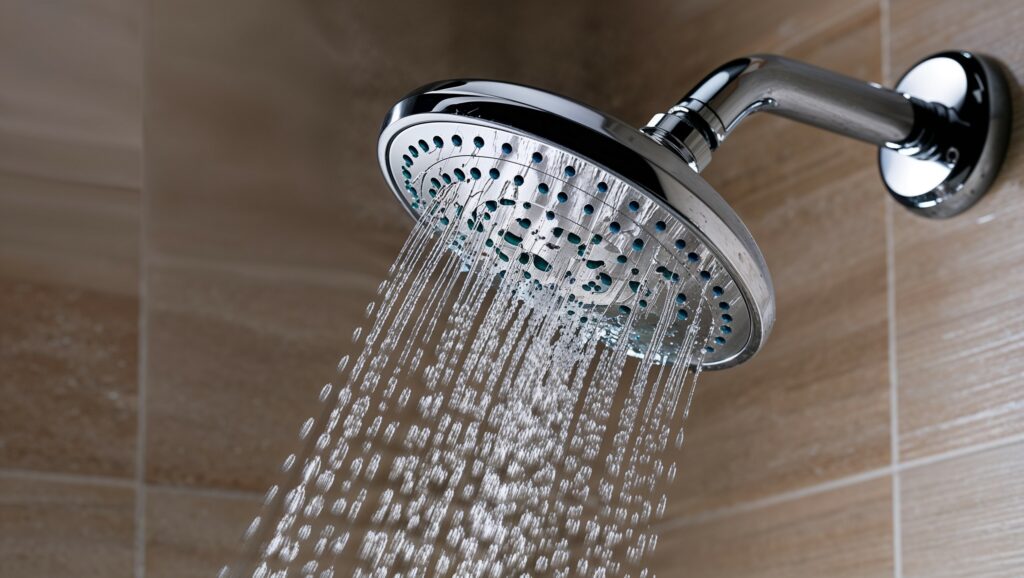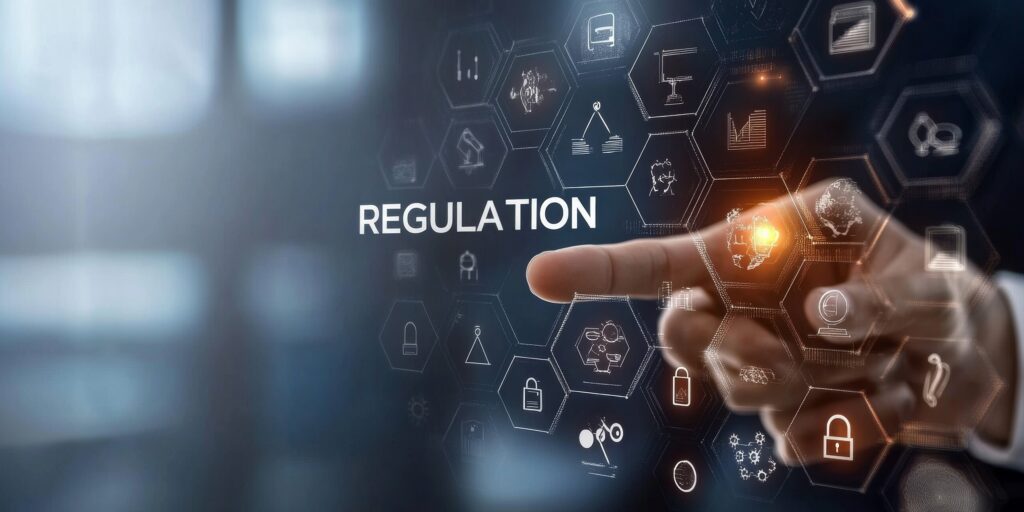What is Michael Cohen’s endgame?
…To talk about all this, I spoke by phone recently with Paul Rosenzweig, a former senior counsel in the Starr investigation of President Bill Clinton and a senior fellow at the center-right think tank R Street Institute. During the course of our conversation, which has been edited and condensed for clarity, we discussed if Cohen is trying to signal Trump or Robert Mueller, whether a president can put himself at legal risk through his use of the pardon power, and the mysterious behavior of another Trump surrogate, Rudy Giuliani.
Isaac Chotiner: What do you make of the way Cohen’s behaving?
Paul Rosenzweig: Well, as a preliminary matter before I give you my thoughts, one thing that everybody really should realize is that people in Mr. Cohen’s situation are very idiosyncratic in their responses. I’ve had clients who lash out at everybody. I’ve had clients who refused to accept the truth of what has happened, can’t believe they’d been caught. I’ve had clients who believed in the magic of their ability to talk their way out of it. I’ve had clients fall into despair. So, there is no pat answer for what Cohen personally is trying to do because, unless you’re inside his head, it’s really difficult to say.
And this is due to the psychological burden of being under investigation or the complications of one’s legal position?
Both. I mean, the legal strategies are like fight or flight, right? Either stand your ground and fight to the end or give it up, flee, and try and change teams and get the best deal you can. I suppose there’s a third legal strategy, which is head for the hills and see if you can get asylum in Argentina, but that’s not available to Mr. Cohen at this point. Then, psychologically there’s tough it out, there’s crack and crumble, there’s refuse to believe it’s happening. So it’s a combination of some legal strategy and what motivates your client individually, which may not be consistent.
Anyway, I interrupted you. You were saying what your theory was.
If the allegations in the search warrant that led to the searching of Mr. Cohen’s office are true, which is an assumption, but the judges said there’s probable cause to believe they are true, then he is in a lot of trouble. Not just with respect to Mr. Trump, but even more so with respect to his own personal business dealings in New York, right? There’s allegations related to his taxi cab medallions. Things like that.
So, he’s facing a significant potential for real jail time, and he can’t like that. A person in that situation has basically two options. One is tough it out, fight it, and in his case, [there’s] the addition of hoping for a pardon from Mr. Trump. Or change sides and throw in with the prosecutors and offer them the best that you’ve got, which in this case wouldn’t be about his own illegal dealings in New York City, but it would be about whatever he might know about Trump’s finances, Trump’s real estate empire, that sort of thing.
So with those two legal strategies in mind, I think that Cohen’s release of the one tape is kind of an attempt to take control of that narrative and is kind of like a shot across the bow of Mr. Trump. The “I’ve got 12 more of these, and you really don’t want me to give them away, so now is the time to come to my aid.” I think he probably thinks that is the type of combativeness that Mr. Trump might respond to. I’m not sure he’s right, but that’s my assessment. So he’s punching, he’s lashing out.
By come to his aid, I assume you mean some sort of pardon.
Well, that or financing for the defense, or both, right?
Another theory about this has been the opposite. That Cohen is planning to cooperate with prosecutors and that essentially he is starting to lay the groundwork for his credibility as someone who is no longer on Trump’s team.
That’s plausible but much less likely in my view, and the reason is this: If Cohen were actively seeking to cooperate with the prosecutors, the first thing they would do is tell him to shut up and say nothing. When you join the government’s team, you start taking the government’s orders, and the government is not in the least bit benefited from or interested in Mr. Cohen’s kind of look-at-me, self-aggrandizing behavior, if you will.
So my guess is the contrary—that this is not necessarily reflective of him cooperating. He may be seeking a cooperation agreement. He may mistakenly think that by talking out of school like this, he can attract their attention when he could probably do it much more readily by going in and talking to them quietly. His attorney Lanny Davis is good enough that he knows that, so I’m guessing that’s not this case.
I’m not sure Lanny Davis is good enough, but we’ll have to differ on that point. Let’s assume your theory is right, and you are a prosecutor, and you see Cohen behaving this way. Does that change the way you would approach him at all?
Yeah. I mean, I think contrary to the premise of one of your earlier questions, I think that far from enhancing his credibility, this kind of public display limits his credibility quite a bit. He’s setting himself up for attack as the spurned lover who’s making up most of the things that he doesn’t have tapes about because Trump doesn’t love him anymore. And there’s a certain aspect of truth to that. Nothing that Cohen gives them that is of value is going to be on the tapes because they have the tapes themselves. The only things he might have of value to give them are things that aren’t on the tape, like the story we’ve been reading that he’s willing to testify that he was present when Trump learned of Trump Jr.’s Trump Tower meeting. And the key to that is, does the jury believe Michael Cohen or not? And he is not helping himself make that sale by looking like he’s angry at Donald for abandoning him. Because abandoned, jilted lovers make up stories all the time.
So then how would that change your behavior if you’re a prosecutor in the Southern District of New York?
It would mean that my efforts to secure his conviction would go forward. The deal and bargain that I would drive would be harder for him. The one way to re-establish credibility is for him to acknowledge wrongdoing himself and do five years in jail, right? Saying, “Look, I fessed up. I’m doing five years in jail.” That’s a pretty powerful statement of, “I’m being as honest as I fricking can be.” So every time he loses credibility in the public sphere, he has to buy it with his own life.
We got some sense from the New York Times story a while back about things Mueller wanted to ask Trump about. And one of those things, in terms of the obstruction charge, was the idea that presidential pardons for people involved in the Russia investigation could be part of an obstruction case. Obviously, this seems like uncharted territory here, but is your sense that if Trump were to pardon Michael Cohen, that those same questions about obstruction of justice would come back up? And how strong a legal case do you think that would be?
Well, I mean, as you said in your opener, this has never been tested. I am firmly of the view that a president can do a lawful act for an unlawful purpose and thus make it an unlawful act. He can veto a bill that’s perfectly legal. If he takes a million dollars to veto the bill, it’s a bribe. Now, he can pardon Cohen. That’s perfectly legal. If he pardons Cohen to conceal his own wrongdoing and obstruct the investigation, that’s a crime. So I am firmly of the view, contrary to like, say, what Alan Dershowitz has said, that otherwise lawful acts can become unlawful if done with improper motive.
So were Trump to pardon Cohen now, that would be, at least potentially, a factor in assessing whether or not the pardon was done for illegal and obstructive purposes. I should also say that Cohen is in a particularly bad place with respect to pardons because pardons do not extend to state law crimes. And of all the people in Trump’s orbit, the one that we’re most certain has done stuff that also looks like a state crime, if you accept the allegations, is Cohen. So even a federal pardon might not be enough to save Mr. Cohen.
But you don’t think that undercuts your theory that he’s signaling Trump to help him out in some way?
It does undercut that theory. As I said, everybody is idiosyncratic in their approaches, and he may very well think that he’s better off facing a state charge or that the state charges won’t be brought. I mean, he’s got lots of reasons to think that at least getting off of half of it is better than getting off of none of it. But it certainly makes it less of an attractive option.
What have you made of Rudy Giuliani’s behavior in the last 48 hours, lowering the bar about whether collusion occurred? Is this legal strategy, or Rudy acting like Rudy, or just PR to get the base riled up in advance of potential Mueller charges?
I can discern no sensible legal strategy behind Mr. Giuliani’s activities. He’s said directly opposing things in the same interview, much less two or three days apart or two or three months apart. I really can’t assess what he’s trying to do because it seems to me that he doesn’t have a plan.








